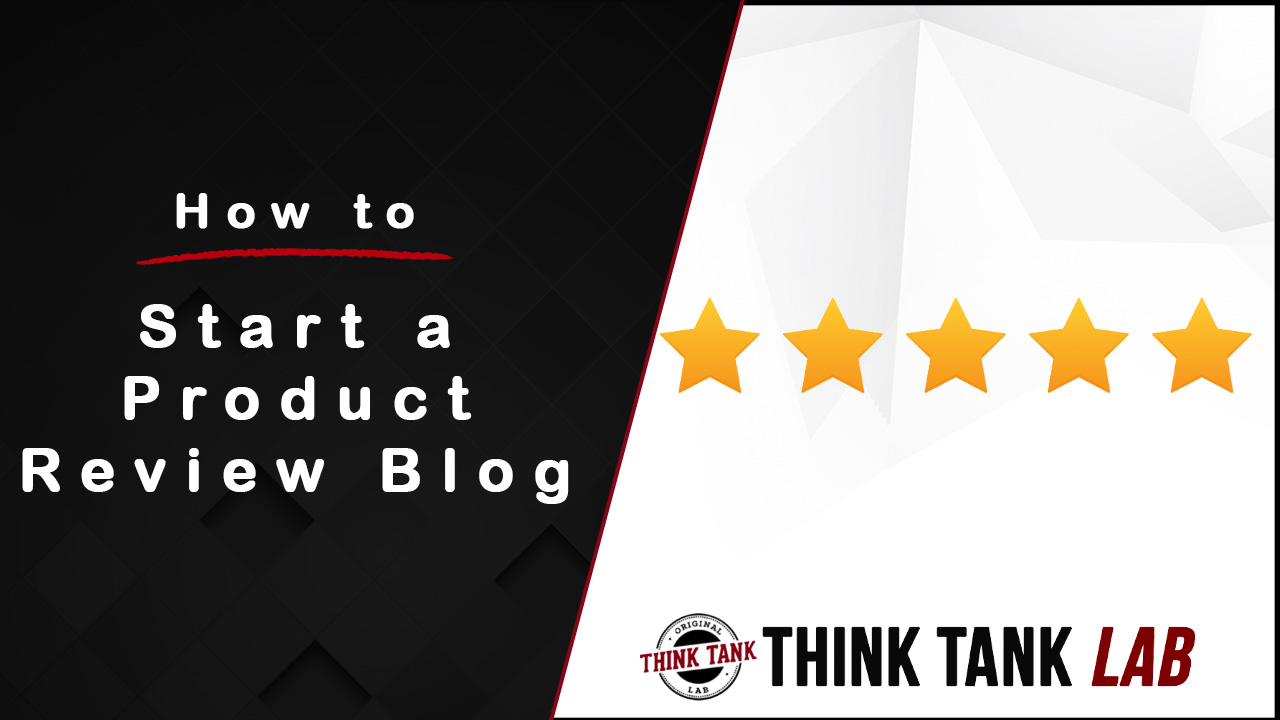My Experience
If you're new here, then let me begin by giving you a quick intro.
My name is Derek Pierce and this is exactly how I first started making money online.
I was over $100,000 in credit card debt when I first began my business and dug my way out in record time - all from creating simple reviews. As a matter of fact, you'll see that it comes from exactly like what you see here on this blog.

Do I Need to Be An Expert?
Let's get something out of the way right off the bat.
In order to start a product review blog, you don't have to necessarily be an expert.
You could have sucked at every venture up until now.
No one gives a fuck provided you're not doing one of those fake until you make it type deals and you're providing value of what they're looking for.
It's one of the reasons I love the online world.
There's a very low startup and you can begin creating right away talking about whatever makes you happy.
We'll get into niche selection in just a moment.
The main thing I wanted to address right away is that you don't need to be licensed or a certain award on your wall.
All too often we discount our own experiences because we're comparing with other people's highlight reels from Facebook or Instagram.
Don't do that.
As long as you're honest and provide value, let's get going.
How to Start If You Don't Have The Credibility
It's all about your angle that you use.
For example, if you have credibility or some level of experience, then it's ok to show it.
In my experience, I've had launches where I've made over $70,000 in sales in 10 days. I've had individual campaigns that are 6 figure evergreen campaigns.
But when I got started, I didn't have any of that.
I was staring at over $100,000 in credit card debt plus houses and cars.
So, I spoke about things I knew about.
I didn't portray myself as an expert but more as a student.
Let's picture something out of the digital marketing world.
Suppose you want to start a fitness and supplement review blog but you're just getting into training and don't have the killer bod yet.
This would be your approach.
"Hey I'm just starting this blog because I've re-started lifting weights and I'm going to review all the new supplements I test."
There's something to be said for committing to being the Crash Test Dummy of your market as people will follow your journey and appreciate your transparency.
Deciding On Your Niche
There's a lot of ideas on what to choose in selecting your niche.
The big money ones revolve around the following:
There's a reason these markets are competitive.
It's all because they make big money.
With that being said, there's several sub-niches inside each of these.
For example, suppose you wanted to be in something to do with Fitness space - maybe your approach is building muscle after 50 and you review supplements along with workout equipment.
Take note of trends as well.
Sites that dominated during the recent pandemic were those that offered video conferencing and webinar solutions along with at home gym equipment reviews.
But every year, there are cycles.
For example, if you started a kayaking site, don't expect it to pop in the winter months.
Look at Google Trends whenever possible to see if the niche is thriving or dying.
Niche Requirements
If you're just starting out, I'd focus on building out something that I get excited about.
Do a deep dive and some self reflection.
You can build this product review blog around anything.
It can be cooking, raising kids, or getting ripped for summer.
It can be a problem you've overcame.
The reason is simple, you're going to be needing content to be created and if this is something you have no clue what you're talking about, you're going to have to rely on an outsourcer to produce the content.
This is an added expense and carries a different level of skillsets for managing people and getting tasked handled on time.
Once someone delays on a project, you're more inclined to just quit.
I recommend learning how to do what needs to be done so you're not stuck waiting on someone to produce a piece of content and learn the processes yourself before outsourcing.
Must Have Multiple Products
That's one of the prerequisites for building out a blog for reviews.
You'll want to promote more than one product - I explain my thought process in my SEO Apartment Strategy.
Promoting one product is a recipe for disaster.
If we look at this blog here, you'll see I have pretty extensive reviews on products I either use or believe in that range from digital marketing tools like landing pages to SEO software.
If you want to see the entire process behind it all, you need to be inside my SOAR program as it teaches you this entire process from start to finish.
Building The Site
Before we get into all the nitty gritty, let me ask you.
Would you build a house on someone else's land?
Obviously, you know that's not a good idea.
"Terrible idea DP!"
Well, I see a lot of people trying to do just that in the digital world.
Building up a Twitter profile or Youtube channel with no website!
No optin for emails!
It's a big gigantic mistake.
Yes, you can use different types of channels for content with sites like Medium or Youtube, building a following, then direct people back to your main site, but you never want these channels to be where your digital home.
Instead Build Your Home On Your Domain
You can register a domain name for roughly $10 a year and grab hosting that starts out for $5 per month.
So, there's no real reason to not.
Let me put this in perspective.
Yes, I have a Youtube channel that I post content to and inside those videos, I'm referring back to this site or to one of my offer pages.
My goal is to capture eyeballs from Youtube but always be bringing them back here building up the authority every time I release a new piece of content.
Google rewards more unique and better content - so why not go all in?
Buying your first domain
For buying domains, I recommend either using Godaddy or Namecheap.
Most of my stuff is using Godaddy.
Both of these are quality services and the prices are comparable.
To begin with, you want to shoot for a .com domain.
Next best options are .net or .org, but I'd recommend to keep looking for a dot com.
Ignore all the .io, .tv, and those extensions as they rarely rank in Google.
If your planning to brand your site around your name, then you could use that or you could use more of a brand-able domain approach like what I have here with Think Tank Lab.
Many will look to using an EMD domain (exact match domain) that matches the keyword they're looking to rank.
For me, I'd prefer to go with something broader that's more brandable.
Select Your Hosting
Once you pick up your domain name you'll need to grab hosting.
There are several options here but you can get started for a very small amount.
You can find my full recommendations by going here- https://thinktanklab.com/web-hosting/
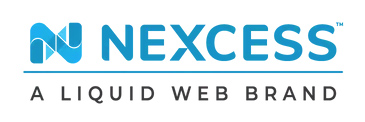
Nexcess Hosting
Nexcess is a fully managed hosting option specifically for the WordPress platform.
WordPress is our preferred platform for getting the SEO benefits, however selecting a host is critical for site speed, reliability and security which is why we recommend Nexcess.
Setup WordPress
WordPress is a blogging platform that you install and it's 100% free to use.
With most hosting companies you're able to install it with just a few clicks using Cpanel and a WordPress Installer.
I explained it all in this tutorial you can find here.
It's really not that hard and can be done in just a few minutes.
Or for that matter, you can hire someone on Fiverr to pull it off.
Choosing Your WordPress Theme
If you're not tech savvy and just looking for something that will work out of the box where you can drag and drop, then I recommend picking up Thrive Suite.
It's a full set of themes and plugins that you can use to build a polished looking site with the focus on getting conversions.
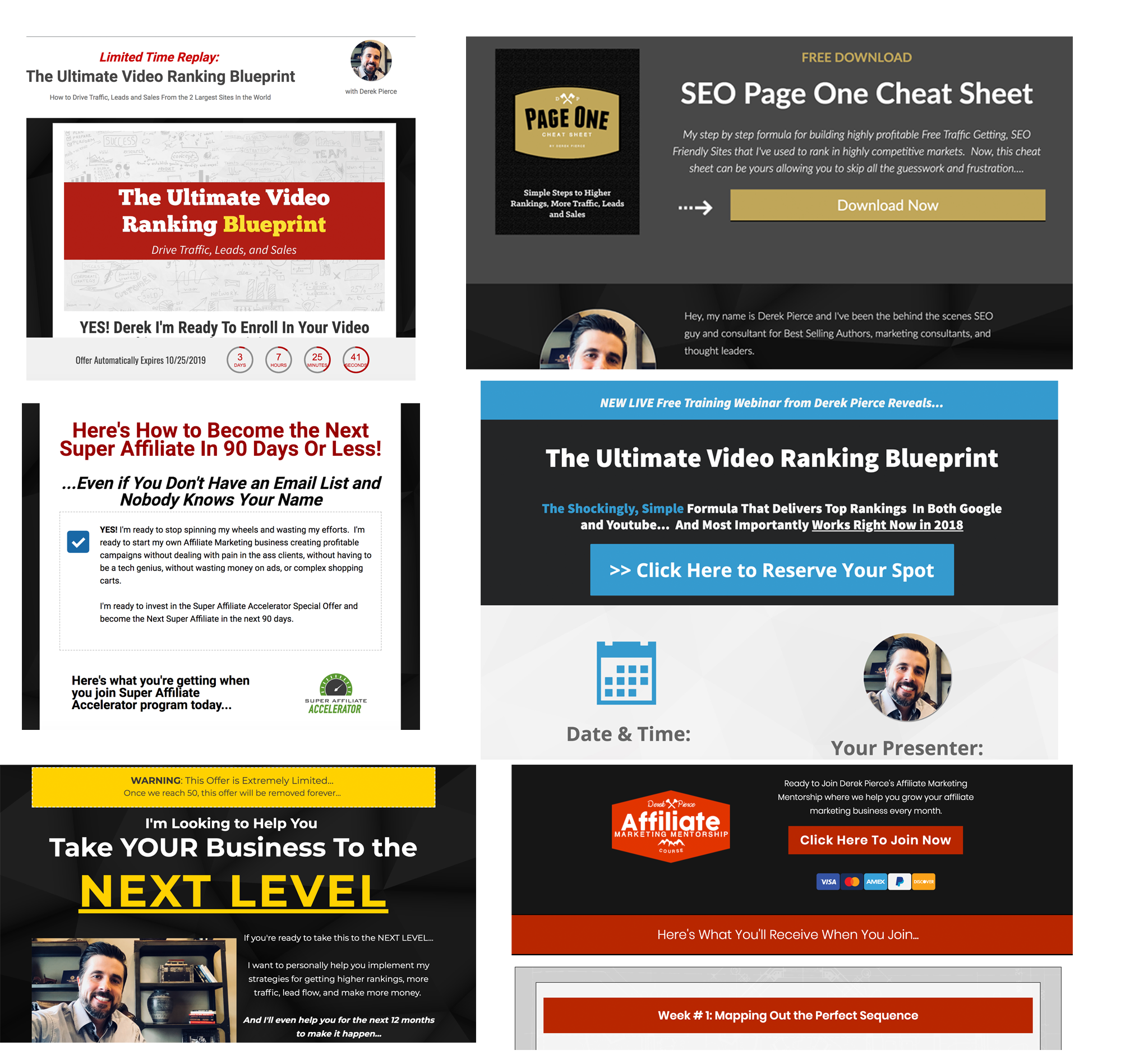
At the time of this writing, it's the WordPress theme we've used here at Think Tank Lab as well for our landing pages we've built to capture leads.
Product Review Template
In order to quickly get your review knocked out, you'll need a template to be able to repeat over and over again.
This is what I use for the reviews I create.
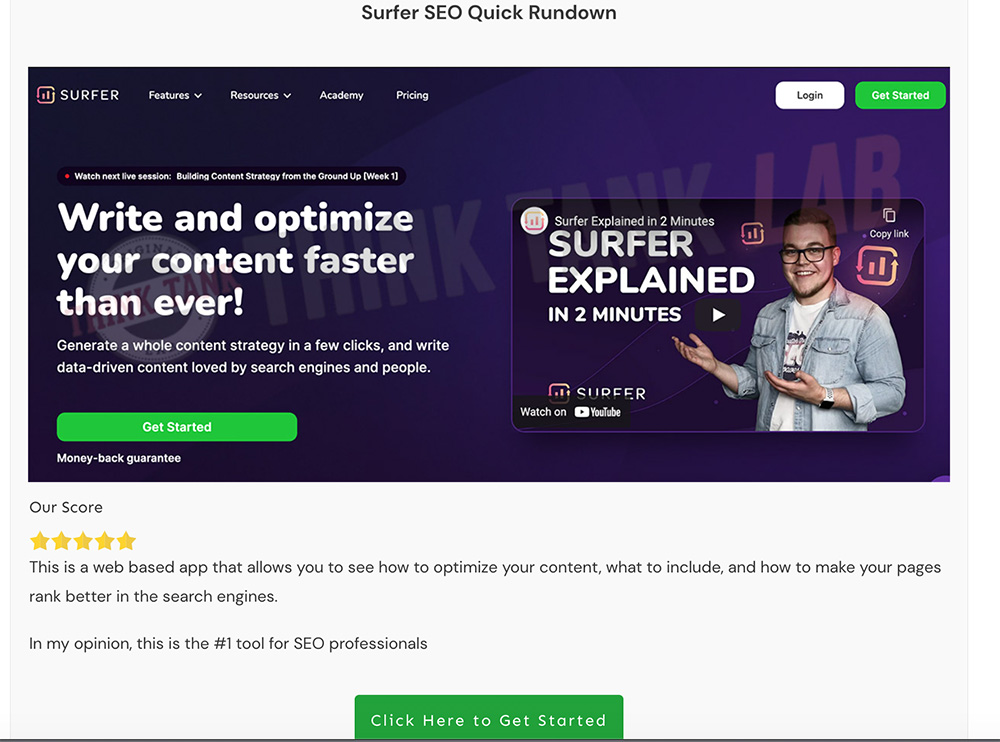
That's one of the keys I love about using Thrive, is the ability to build in these templates that can be saved to be used over and over again that match your brand and give your customers a quick view.
We've got our review type templates we use for every review post.
How do I Write A Product Review?
Again, we follow a guideline for every product we promote.
Our guideline is as follows.
The Outline
These are all the important questions we'll be wanting to answer inside our review.
That's why you see the outline above is focused on these elements to be able to rank our reviews inside Google along with answering the most popular questions regarding a particular product.
Title Including The Product Name
For the title, I want to be sure to include the name of the product in the title because it's good for SEO but also it confirms the searcher is where they need to be.
For the title, be sure not to hard-sell them on the product.
The job of the title is to get them to read on, so I'll use the following angles:
- Product name with a semi-clickbaitish angle or a...
- Product name with curiosity.
Some examples, I've used:
- Product name - does it really work?
- Product name review - is it more hype?
Screenshots of the Product or Logo Image
Typically, I include these in my featured image too.
You can see, I have a template for my featured images that are displayed at the top of every post.
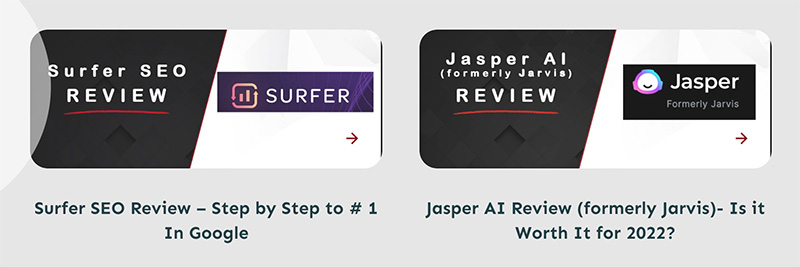
Introduction
Here I'll include my keyword but not in some weird, spammy way.
It's just to re-affirm the user they're in the right spot.
So, I'll do something that looks like this:
"If you're looking at product name and wondering if it's a fit for you, then I'll explain all the benefits inside this tell-all review"
Your goal here is again to get them to read to the next section.
Quick Overview with Call to Action
This is the review template we have saved inside Thrive Suite that puts a quick overview box in the post early on.
The reason we want this here is because some people already know they already want the product they're searching for.
This gives them the best price and saves them from having to scroll all the way down to get what they were looking for.
Who You Are?
It was noted in one of the last Google updates that they're now expecting to see personal use with the product when available.
I don't always follow this guideline but I do feel it's necessary to explain who you are.
For example, if you were promoting a fat loss product yet you're a fat ass yourself - you may think - how can I promote this?
Remember, it doesn't matter where you are in your journey.
You'll say something like this:
"My name is Lard Ass Larry and after years of being out of shape, I've committed to losing weight and I came across this product.
What I liked was it contains the X ingredient which has been linked to health, weight loss. I'm going to go over everything that comes with this product and explain how it can help you to see if its a fit for you"
See, I'm not coming off as an expert there.
Think of yourself more as a reporter.
Who Created the Product?
If you're in the digital marketing world, often you'll see a brief bio about who build the software or course.
You can see how I did this in a variety of post.
I simply summarize their background, challenges, and how they come up with the system.
This only adds to the credibility and what people are looking for.
What is (product name)?
Often you'll see these searches pop up where people just search what is and include the product name.
By including this inside your content, you're able to tap into more long tail searches, ranking for many variations.
Features and Benefits
You'll want to include a list of all the features and benefits that will come from owning the product.
I like to have these styled that match my overall branding but again stand out with a template so it helps to break out the reading.
It would look like this.

Here's the benefits...
That was all done using Thrive Suite with their block of templates.
Demo
Plugging in a demo is a huge booster for conversions.
If I can I'll include these above the fold whenever possible because having someone land on your site, then take the time to watch the video is not only good for your SEO, but it's also good for helping your video rank as well.
Now, Youtube is the # 2 search engine in the world.
Pricing Details
This is where you'll drop all the details about the price and if there's any special offers.
For example - do they have a trial offer?
Is there a special pricing?
Lay it all out inside the pricing section.
This will also give you the ability to help rank for terms like Product Name price.
These are longer tail terms but are super easy to convert because people are just looking for the best price.
Alternatives
Here you'll take the competitors and plug them inside a table or a list so you can compare all the alternatives.
In one of Google's later updates, they've recommended including alternatives.
By including alternatives, you'll be able to easily boost your word count on each of these review pages and would be great for your SEO to interlink each of the pages you've created.
Conclusion - Call to Action
This is where you make your final recommendation.
If it's a positive review, you'll want to include your call to action.
Even if it's not positive, include your link.
You'd be surprised over the years at how many times I told someone not to buy but they do anyway and I get paid a commission.
How to Get Traffic
The main focus of these pages is to get them ranked for terms that include the following:
- Product name
- Product name + review
- Product name price
These are all terms that have a high rate of conversion and can make you a serious income even with small amounts of traffic.
These reviews will be evergreen meaning that once you build them, they'll be up forever, so all you have to do is make sure the content is up to date.
Technical Site SEO
This is all the nuts and bolts of setting up your WordPress site in an optimized fashion using themes that are focused on speed as well as high conversions
Tools We Recommend
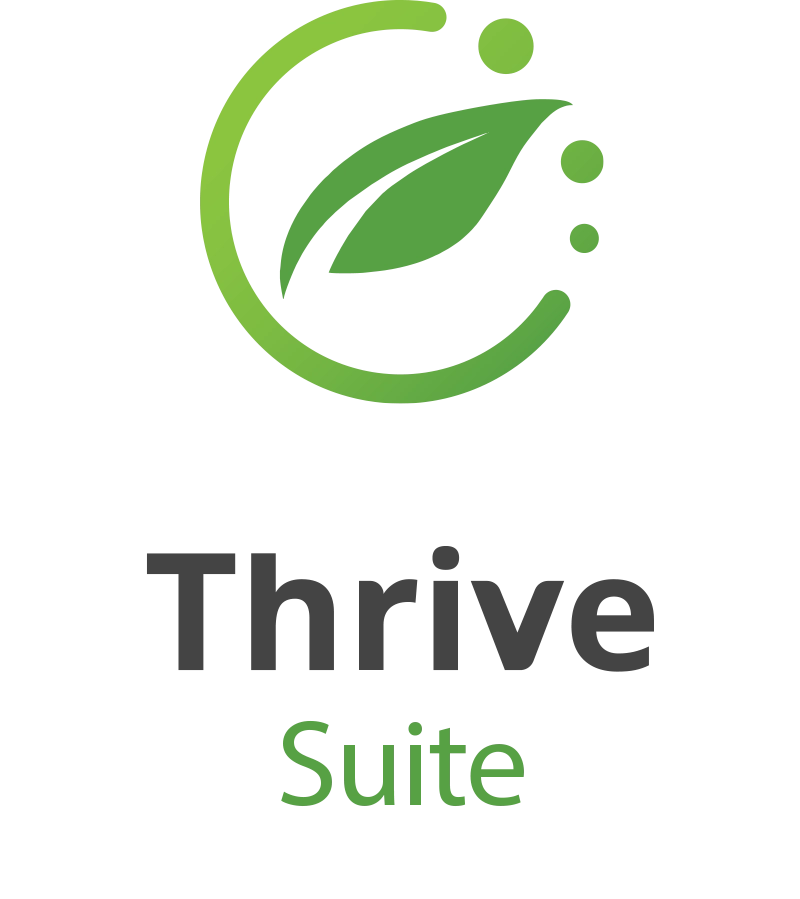
Thrive Suite
Thrive Suite is the theme set I'd recommend as it's super simple to setup once you go through the step by step walk through.
Also, the product has been around for years and been updated regularly. Thrive Suite support is phenomenal.

WP Rocket
Typically, WordPress is a resource hog and bogging down the site speed.
WP Rocket is a plugin that changes that and helps you with performance - this is one of the big ranking factors because Google is looking for a solid user experience.
On Page SEO
On Page SEO is what's considered on the page.
This is your content, your internal linking, as well as the keywords you choose to use insider your product review sites.
There's never been a better time to see why a page is ranking and be able to mimic the top results.
Plus, with the inclusion of Artificial Intelligence tools like you see here, it's making content creation much easier.
But you still have to know the structure behind it all, which is why we have the following recommendations.
We Recommend

Surfer SEO
Surfer SEO is our #1 rated SEO tool on the market.
The reason is it allows you to see trends in the top 10 so you can outdo your competition.
In minutes, you can run audits, have a plan for content, as well as create SEO optimized articles.
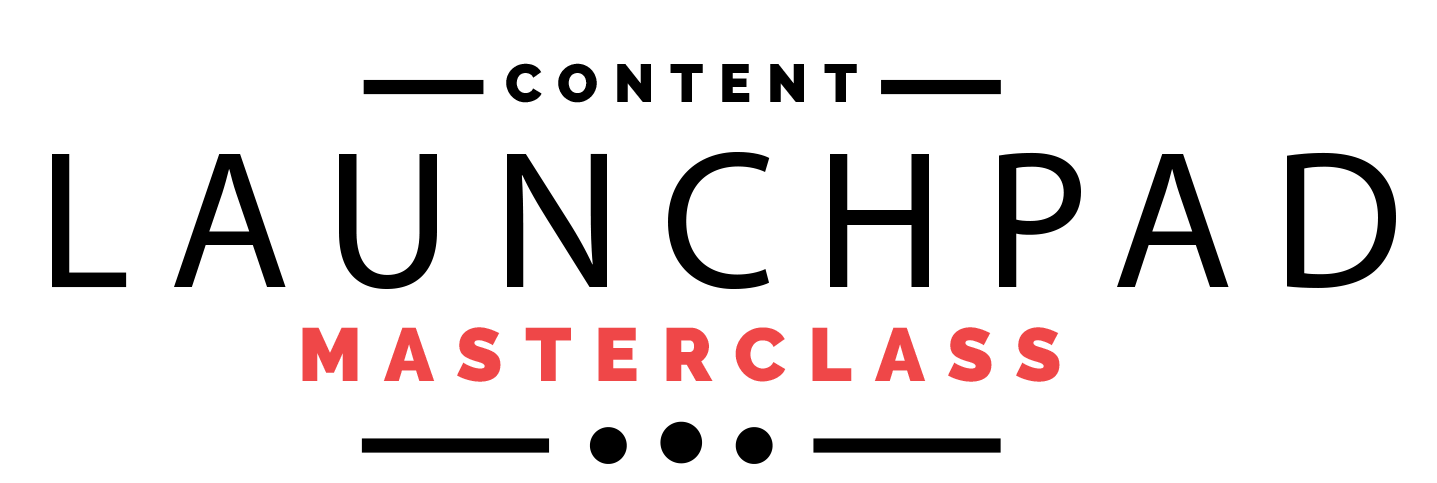
Content LaunchPad Training Program
The rules have changed for creating on page SEO friendly content and inside this class, I explain how to create SEO friendly content that gets ranked.
You'll see how the inclusion of Artificial Intelligence tools has changed the game along with our process for implementing these into building highly rank-able content.
Off Page SEO
Off page SEO is all about the links.
There are countless ways to get links but not all are created equal.
Your best bet is to focus on quality over quantity.
If you're just getting started, don't fall into the trap of just buying a bunch of links on Fiverr.

Get Inside My Brand Stack System
This was specifically created for beginners to start their link building campaigns while also being able to automate many of the mundane task that comes with creating content.
This shows you how to use free tools to automate many of the processes turning 1 piece of content into 10.
Conclusion
Creating a product review blog is one of the best things you can do to start making money online passively.
The great part about all of this is you can start even on a shoestring budget and build it as you go.
The more you build, the more you're rewarded with trust and authority in the eyes of the search engines.

